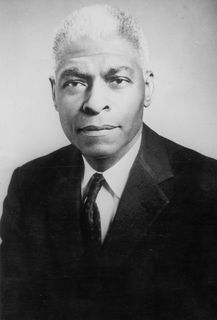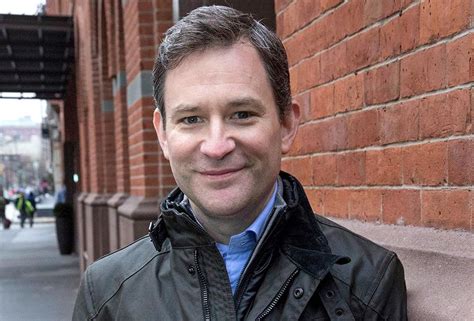A Quote by Sheryl Sandberg
When you suffer a tragedy, the secondary loss of having it bleed into other areas of your life is so real.
Related Quotes
When you go through hell, your own personal hell, and you have lost - loss of fame, loss of money, loss of career, loss of family, loss of love, loss of your own identity that I experienced in my own life - and you've been able to face the demons that have haunted you... I appreciate everything that I have.
William Saroyan wrote a great play on this theme, that purity of heart is the one success worth having. "In the time of your life--live!" That time is short and it doesn't return again. It is slipping away while I write this and while you read it, and the monosyllable of the clock is Loss, loss, loss, unless you devote your heart to its opposition.
You risked your life, but what else have you ever risked? Have you risked disapproval? Have you ever risked economic security? Have you ever risked a belief? I see nothing particularly courageous about risking one's life. So you lose it, you go to your hero's heaven and everything is milk and honey 'til the end of time. Right? You get your reward and suffer no earthly consequences. That's not courage. Real courage is risking something that might force you to rethink your thoughts and suffer change and stretch consciousness. Real courage is risking one's clichés.
There is a warning. The path of God-exalting joy will cost you your life. Jesus said, “Whoever loses his life for my sake and the gospel’s will save it.” In other words, it is better to lose your life than to waste it. If you live gladly to make others glad in God, your life will be hard, your risks will be high, and your joy will be full. This is not a book about how to avoid a wounded life, but how to avoid a wasted life. Some of you will die in the service of Christ. That will not be a tragedy. Treasuring life above Christ is a tragedy.
The best test to know whether an entity is real or fictional is the test of suffering. A nation cannot suffer, feel pain or fear, or has no consciousness. Even if it loses a war, the soldier suffers, the civilians suffer, but the nation cannot suffer. Similarly, a corporation cannot suffer, when it loses its value, it doesn't suffer. All these things, they're fictions. If people bear in mind this distinction, it could improve the way we treat one another and the other animals. It's not a good idea to cause suffering to real entities in the service of fictional stories.



































